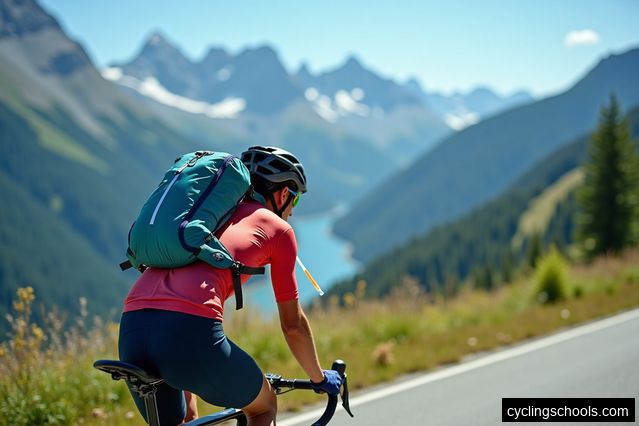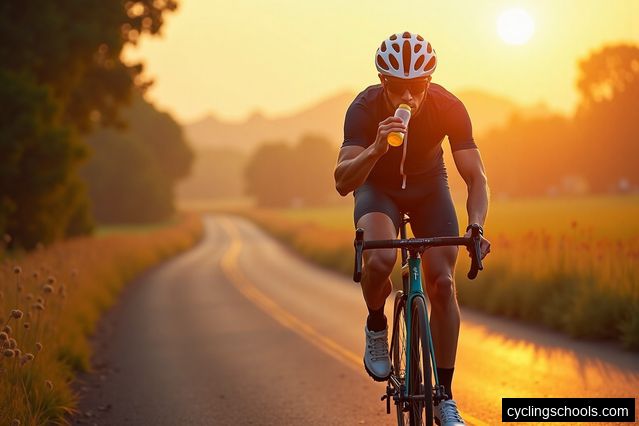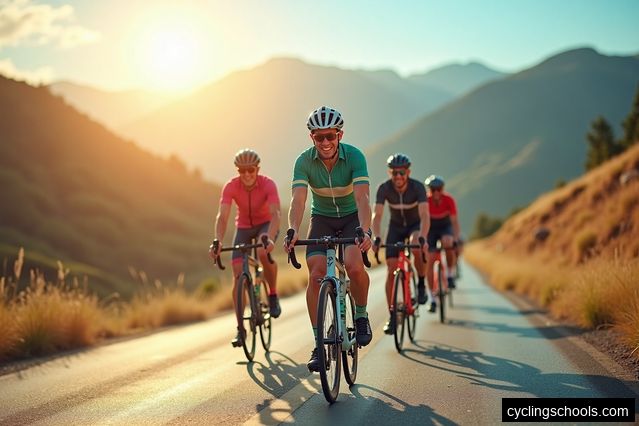Fueling Your Ride
Proper nutrition is key to maintaining energy levels during long-distance rides. Start by consuming a balanced meal rich in carbohydrates, protein, and healthy fats a few hours before you hit the road. This will provide your body with the necessary fuel to sustain your ride. During the ride, aim to consume 30-60 grams of carbohydrates per hour to replenish glycogen stores. Opt for easily digestible foods such as energy gels, bars, fruits, and sports drinks. Experiment with different options during training rides to find what works best for you.
Timing Matters
Timing your nutrition intake is crucial for optimal performance. Aim to consume small, frequent meals or snacks every 1-2 hours. This will help maintain a steady blood sugar level and prevent energy crashes. Remember to listen to your body's hunger cues and adjust your intake accordingly. Additionally, it's important to start fueling early in the ride rather than waiting until you feel depleted. By consistently providing your body with fuel, you'll be able to sustain your energy levels throughout the entire ride.
Hydrating for Success
Proper hydration is essential for performance and overall well-being. Begin the ride well-hydrated by drinking water or a sports drink before you start. During the ride, aim to consume 500-1000 milliliters of fluid per hour, depending on the intensity of your effort and weather conditions. Water is sufficient for rides lasting less than an hour, but for longer rides, consider electrolyte-rich sports drinks to replace lost minerals. Be sure to sip regularly rather than waiting until you feel thirsty, as thirst is not always an accurate indicator of hydration needs. Lastly, always carry a water bottle or hydration pack to ensure you have access to fluids throughout your ride.
Electrolytes and Minerals
Sweating during long-distance rides can lead to the loss of essential electrolytes and minerals. To prevent dehydration and maintain proper electrolyte balance, consider using electrolyte tablets or powders in your water. These supplements can help replenish sodium, potassium, and magnesium levels, which are crucial for muscle function and hydration. Experiment with different brands and flavors to find what suits your taste and needs.
Recovery and Refueling
After completing a long-distance ride, prioritizing recovery and refueling is vital. Consume a post-ride meal or snack within 30-60 minutes to kickstart the recovery process. Aim for a combination of carbohydrates and protein to replenish glycogen stores and support muscle repair. Examples include a protein shake, yogurt with fruits, or a turkey sandwich. Additionally, continue hydrating to replace any fluid lost during the ride. This will aid in rehydration and recovery.
Listen to Your Body
Each cyclist is unique, and nutrition and hydration needs may vary. Pay attention to how your body responds to different strategies and adjust accordingly. Experiment with different foods, drinks, and timing during training rides to find what works best for you. Consulting with a sports nutritionist can also provide personalized guidance based on your specific needs and goals.








